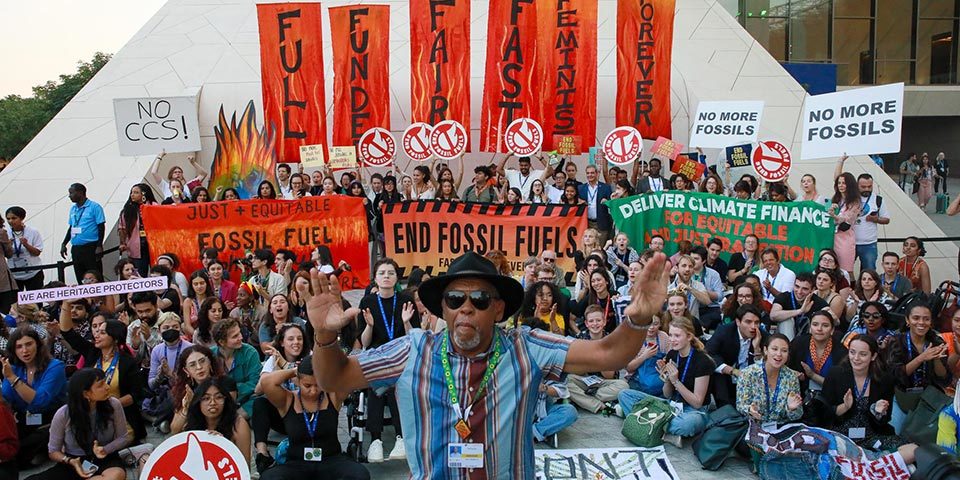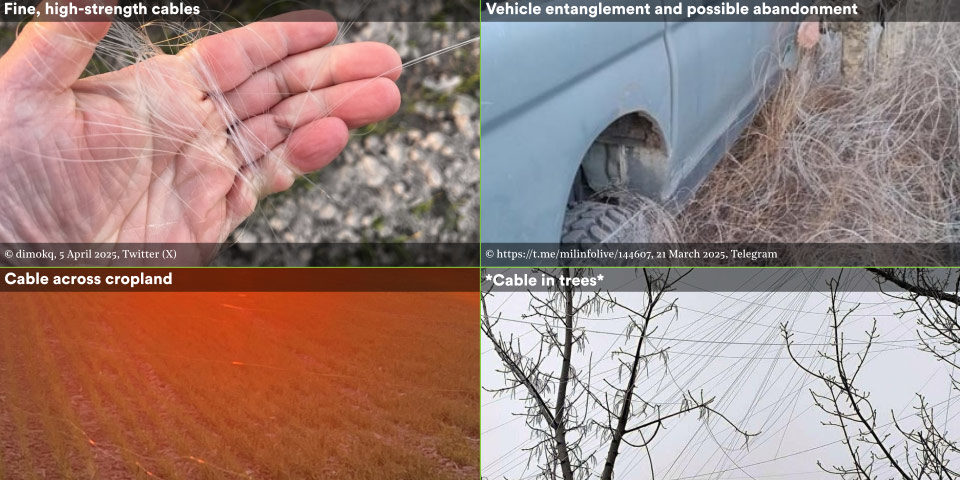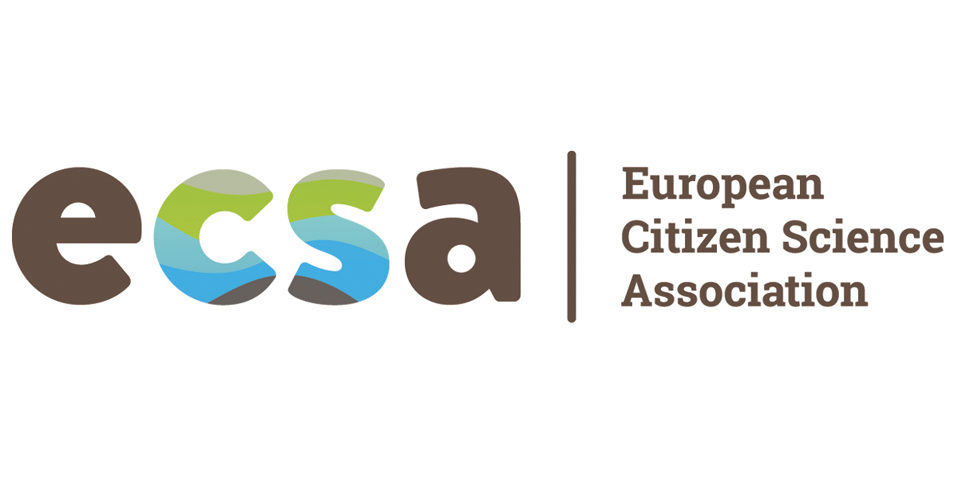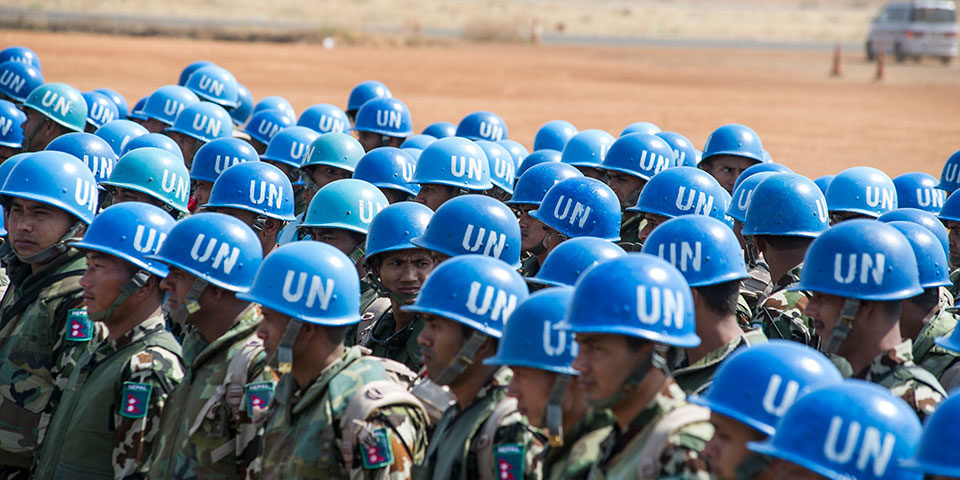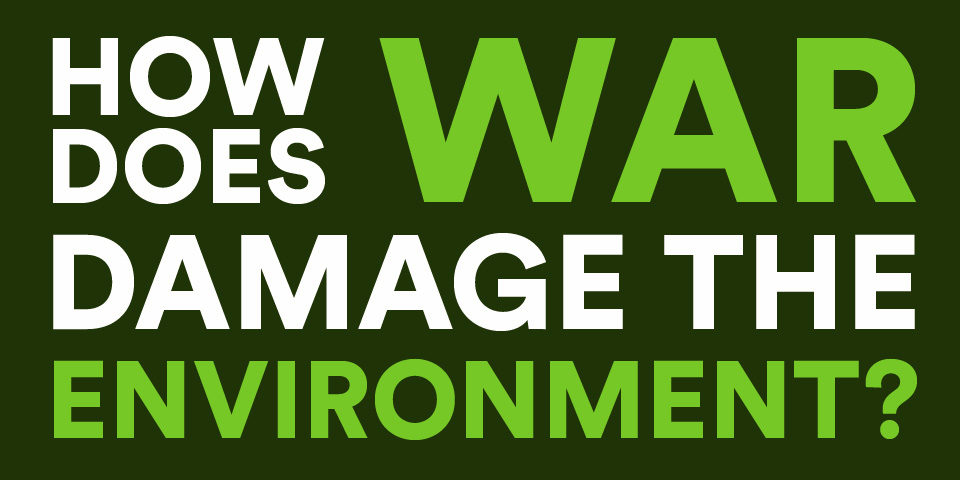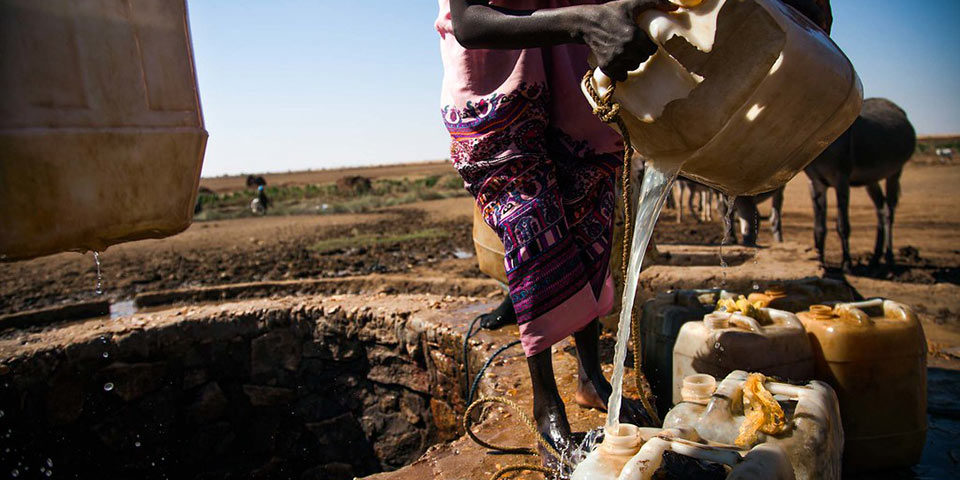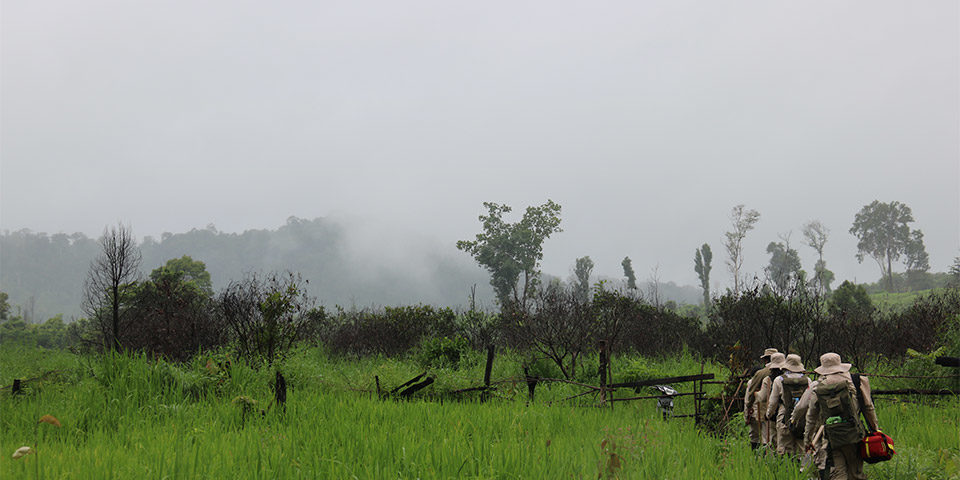Soaring global military spending threatens climate action
Rapid rises in global military spending threaten climate action, undermining our collective security, this post highlights the findings of a new joint paper that explores how everything from direct emissions to diverted climate finance are threatening SDG 13 on Climate action.

